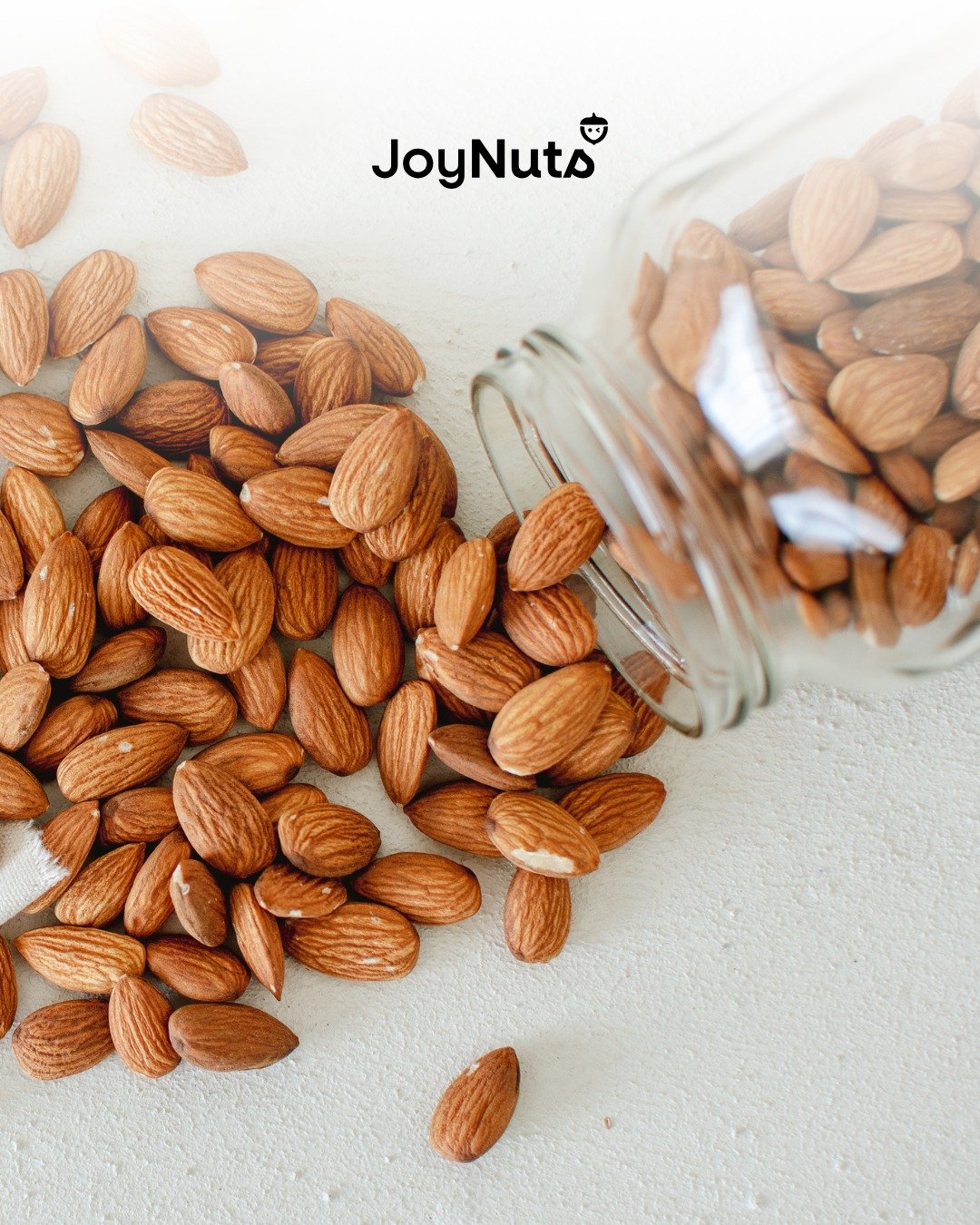
Almonds vs. Cashews – Which Nut Is Healthier?
Introduction
When it comes to healthy snacking, two nuts stand out as favourites around the world: almonds and cashews. Both are widely consumed in Australia and known for their delicious flavour and impressive nutritional profile. almonds vs cashews
But the question remains: which one is healthier – almonds or cashews?
In this blog post, we’ll break down the nutritional values, health benefits, and differences between almonds and cashews to help you decide which nut deserves a regular place in your diet.
Whether you’re choosing nuts for protein, weight loss, skin health, or heart support, this comparison will guide you in making the smarter choice.
Nutritional Overview: Almonds vs. Cashews
Let’s start with the basics. Here’s a quick comparison of the key nutrients in a standard 28g (1-ounce) serving of raw almonds and cashews:
| Nutrient | Almonds (28g) | Cashews (28g) |
| Calories | 164 | 157 |
| Protein | 6g | 5g |
| Fat (Total) | 14g | 12g |
| Saturated Fat | 1.1g | 2.2g |
| Carbohydrates | 6g | 9g |
| Fiber | 3.5g | 0.9g |
| Sugar | 1g | 1.7g |
| Calcium | 76mg (8% DV) | 10mg (1% DV) |
| Magnesium | 76mg (19% DV) | 83mg (20% DV) |
| Iron | 1.0mg (6% DV) | 1.9mg (10% DV) |
| Vitamin E | 7.3mg (37% DV) | 0.3mg (1% DV) |
Key takeaway: Almonds are higher in fibre, protein, and Vitamin E, while cashews offer slightly more iron and magnesium.
Health Benefits of Almonds
- Rich in Antioxidants
Almonds are packed with antioxidants, especially concentrated in the brown skin. These antioxidants help protect your body from oxidative stress, a key contributor to ageing and chronic disease. - Heart-Healthy Fats
Almonds are a great source of monounsaturated fats which help reduce LDL (bad) cholesterol and promote heart health. Studies suggest that regular consumption may lower the risk of heart disease. - Supports Weight Loss
Thanks to their high protein and fibre content, almonds help you feel fuller for longer. This can prevent overeating and assist in weight control. - Improves Skin and Hair Health
Almonds are a rich source of Vitamin E, which is essential for glowing skin, healthy hair, and fighting signs of ageing. - Helps Manage Blood Sugar
With a low glycemic index and high magnesium content, almonds are excellent for managing blood sugar levels, making them ideal for people with type 2 diabetes.
Health Benefits of Cashews
- Rich in Healthy Fats
Although slightly higher in saturated fats than almonds, cashews still provide a significant amount of monounsaturated fats that support heart and brain health. - Excellent Source of Magnesium and Iron
Cashews support bone strength, muscle relaxation, and energy production. Their high iron content is beneficial for those with iron deficiencies, especially vegetarians. - Good for Brain Function
Cashews are rich in copper, which helps in the development of neurotransmitters and brain function. - Promotes Healthy Skin
Cashews contain selenium and zinc, two minerals that play a role in skin repair, collagen production, and reducing inflammation. - Versatile in Cooking
Cashews are creamy and slightly sweet, making them popular in vegan recipes for creating cheese substitutes, sauces, and desserts.
Almonds vs. Cashews for Weight Loss
Almonds have the upper hand here. Their high fibre and protein content make them more filling and effective in controlling appetite. Cashews have more carbs and less fibre, which may not be as beneficial for those on a weight-loss journey.
Winner: Almonds
Almonds vs. Cashews for Heart Health
While both nuts contain heart-healthy fats, almonds offer more Vitamin E and lower saturated fats. Several clinical studies have shown that almonds can improve cholesterol levels and reduce inflammation.
Winner: Almonds
Almonds vs. Cashews for Skin and Hair
Both nuts are good for skin and hair, but almonds have higher Vitamin E, while cashews offer more copper and zinc. If your goal is anti-ageing and UV protection, almonds may be better. For collagen production and skin healing, cashews are ideal.
Winner: Tie
Which Nut Is Right for You?
Choose Almonds if you want to:
- Lose weight or control appetite
- Improve heart health
- Boost Vitamin E and antioxidant intake
- Control blood sugar levels
- Improve skin and hair health
Choose Cashews if you want to:
- Increase magnesium or iron intake
- Add creaminess to meals or recipes
- Support brain and immune function
- Benefit from copper and selenium
Can You Eat Both Together?
Absolutely. Including both almonds and cashews in your diet can offer a well-rounded mix of nutrients. A good strategy is to consume a balanced mix of unsalted raw nuts in moderation.
Suggested serving:
- 15–20 almonds
- 10–15 cashews
Per day, depending on your calorie needs.
Final Thoughts
When comparing almonds and cashews, both nuts bring unique health benefits to the table. While almonds may slightly edge out in terms of weight management and cardiovascular health, cashews shine with their creamy taste and mineral richness.
Instead of choosing one over the other, a balanced mix of almonds and cashews can deliver optimal nutrition, flavour, and long-term health benefits.
Looking to buy premium-quality raw almonds, cashews, or mixed nuts in Australia?
Explore our handpicked range of healthy nuts at JOY NUTS – where freshness meets nutrition.